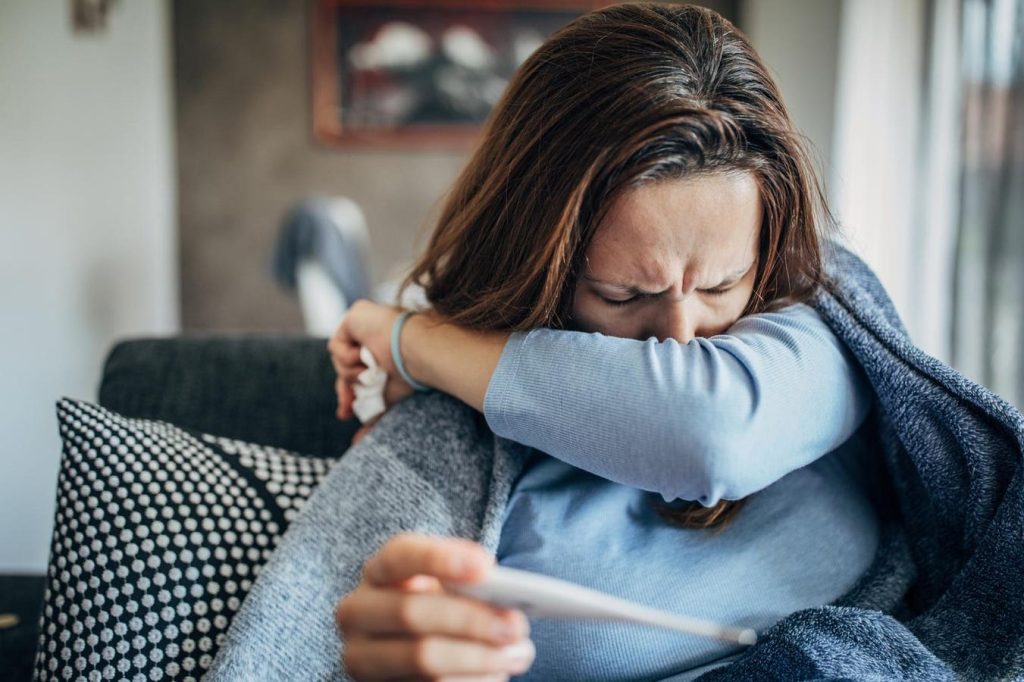A trio of new Covid-19 variants—KP.3, KP.2, and LB.1—are responsible for fueling a nationwide surge in cases, with the Centers for Disease Control and Prevention reporting increases in test positivity, emergency department visits, hospitalizations, and deaths in the most recent week. This has led many to wonder why there is a summer surge and what can be done to stay safe.
The new variants, derived from the Omicron strain, have mutations that allow them to evade the immune system more effectively and potentially spread more efficiently. This poses a challenge for individuals who received their last vaccination in 2023 or had a natural infection more than six months ago, as their immune system may be less effective against the new variants. This immunity gap is contributing to the rise in Covid-19 cases.
While there is no evidence to suggest that infection with the new subvariants is associated with more severe symptoms, the increasing number of cases raises the possibility that highly susceptible individuals, such as the elderly and immunocompromised, may develop severe disease, including difficulty breathing that may require hospitalization.
To help keep individuals safe during the surge, there are three key steps that can be taken. First, if feeling ill, individuals should stay home and take a Covid-19 antigen test. If positive, they should isolate until symptoms resolve, while a negative test should prompt consideration of a lab-based test. Hosting outdoor gatherings and encouraging guests to take antigen tests before arrival can help reduce the spread of the virus. Getting an updated vaccine when available this fall is also recommended, as it will provide a more specific antibody response against the circulating strains.
The Food and Drug Administration has advised vaccine manufacturers to target the JN.1 lineage and, if possible, the KP.2 subvariant in the upcoming vaccine formulation. These new vaccines should be available in the fall and are expected to offer improved protection against the recently circulating strains. Vaccination remains the most effective tool for preventing infection and severe disease.
As the Covid-19 summer surge continues, it is crucial for individuals to take proactive steps to protect themselves and others. By staying informed about the new variants, following public health guidelines, and getting vaccinated with updated formulations, it is possible to mitigate the impact of the surge and reduce the spread of the virus in communities across the nation.


